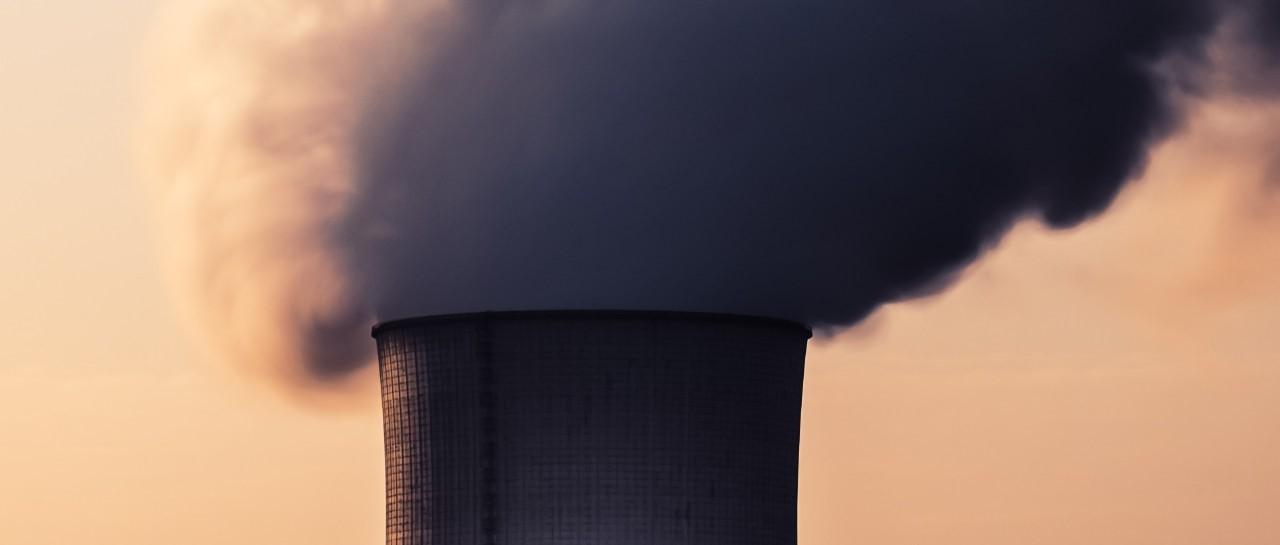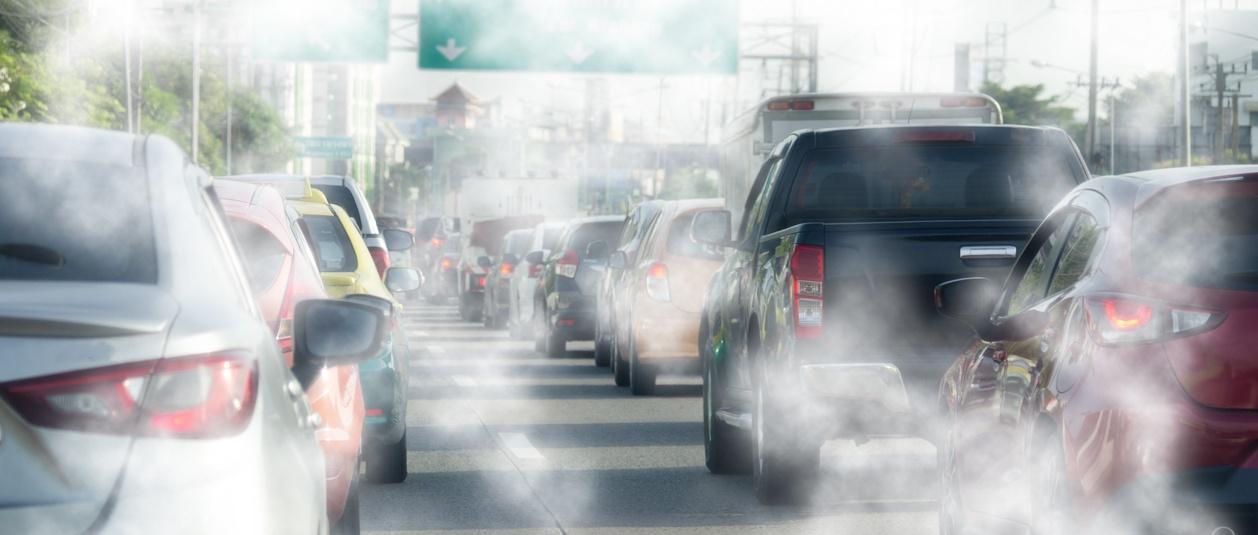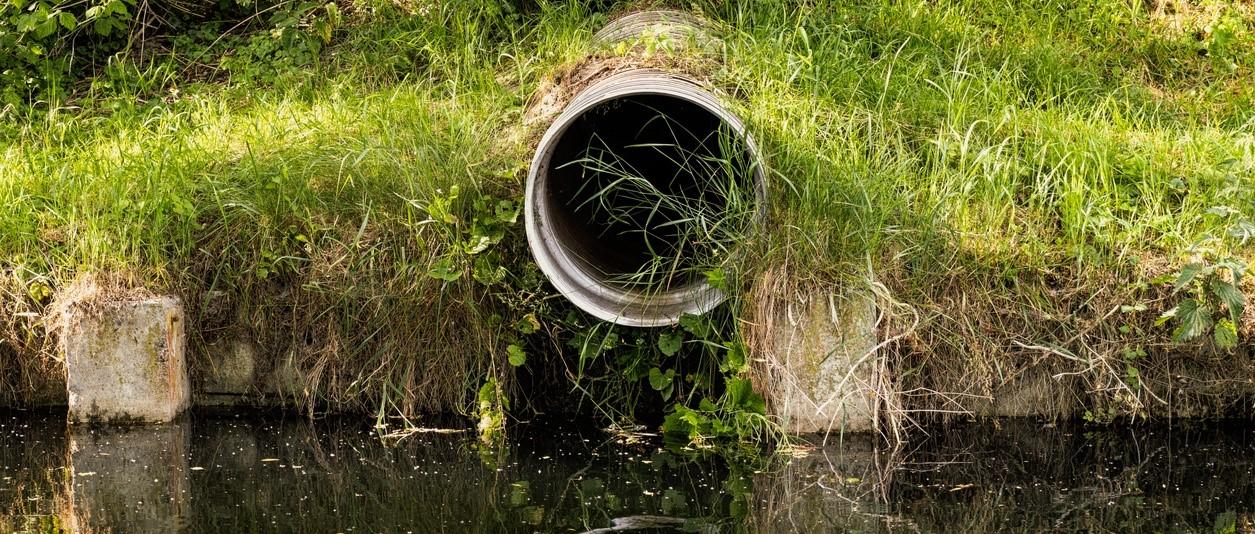
Air pollution speeds up ageing in the lungs
Peer reviewed by Natalie HealeyLast updated by Ashwin BhandariLast updated 10 Jul 2019
Meets Patient’s editorial guidelines
- DownloadDownload
- Share
- Language
- Discussion
Air pollution causes lung ageing and increases the chances of developing a serious lung disease.
A study from the European Respiratory Journal has found that air pollution may contribute to the ageing process and adds to the evidence that breathing in polluted air harms the lungs. Researchers found the risks are particularly apparent in low-income areas.
Experts from Leicester University looked at questionnaire and lung function data from over 300,000 adults between the ages of 40-69. They then assessed their risk of developing chronic obstructive pulmonary disease (COPD).
Results showed that each yearly increase of five micrograms per cubic metre of fine particulate pollution (PM2.5) in the air that participants were exposed to at home was equal to the effects of two years of ageing. They also found that those who had less access to adequate healthcare options, poor housing, and childhood respiratory problems were more likely to develop COPD.
Lead researcher Dr Anna Hansell said more research needs to be conducted into the differences between the effects of air pollution on the lungs in lower and higher-income areas.
"Worryingly, we found that air pollution had much larger effects on people from lower-income households. Air pollution had approximately twice the impact on lung function decline and three times the increased COPD risk on lower-income participants compared to higher-income participants who had the same air pollution exposure."
COPD, a long-term condition of the lungs where the flow of air to the lungs is restricted, is the third leading cause of death worldwide. Air pollution can also increase the chances of heart disease, strokes, and chronic bronchitis.
The level of COPD-related deaths is estimated to increase within the next 10 years from rising levels of pollution in major cities. This follows a study from King's College London on air pollution in Birmingham which found children's lives are shortened by half a year, due to illegal levels of nitrogen dioxide and fine particulate pollution throughout the city.
Annual EU air quality limits for PM2.5 are 25 micrograms per cubic metre, which is higher than the levels researchers are noting as being linked to reduced lung function.
Professor Tobias Welte of Hannover University, president of the European Respiratory Society, was not directly involved with the study but emphasised that we must continue to fight for our right to breathe clean air.
He said: "The findings of this large study reinforce that exposure to polluted air seriously harms human health by reducing life expectancy and making people more prone to developing chronic lung disease. Access to clean air is a fundamental need and right for all citizens in Europe."
Patient picks for Pollution

General health and lifestyle
Air pollution and asthma: how to protect yourself this summer
The air we live and breathe in contains tiny particles from the world around us - from car fumes and uprooted dust on construction sites to the airborne chemicals in spray deodorants and cleaning products. High levels in summer can be particularly dangerous for our lungs. Here we explore air pollution and asthma, with expert tips on how to limit your exposure in the city.
by Amberley Davis

General health and lifestyle
UK water quality part 2 – water pollution
In April 2024, water sports clubs united to form the Clean Water Alliance, in response to the UK water pollution crisis. In part 2 of our UK water quality series, we examine the major water pollution concerns. How are sewage, medicines, microplastics, industrial chemicals, and recreational drugs seeping into our water sources? And what is the threat to public health?
by Amberley Davis
Continue reading below
Article history
The information on this page is peer reviewed by qualified clinicians.
10 Jul 2019 | Latest version

Ask, share, connect.
Browse discussions, ask questions, and share experiences across hundreds of health topics.

Feeling unwell?
Assess your symptoms online for free
Sign up to the Patient newsletter
Your weekly dose of clear, trustworthy health advice - written to help you feel informed, confident and in control.
By subscribing you accept our Privacy Policy. You can unsubscribe at any time. We never sell your data.